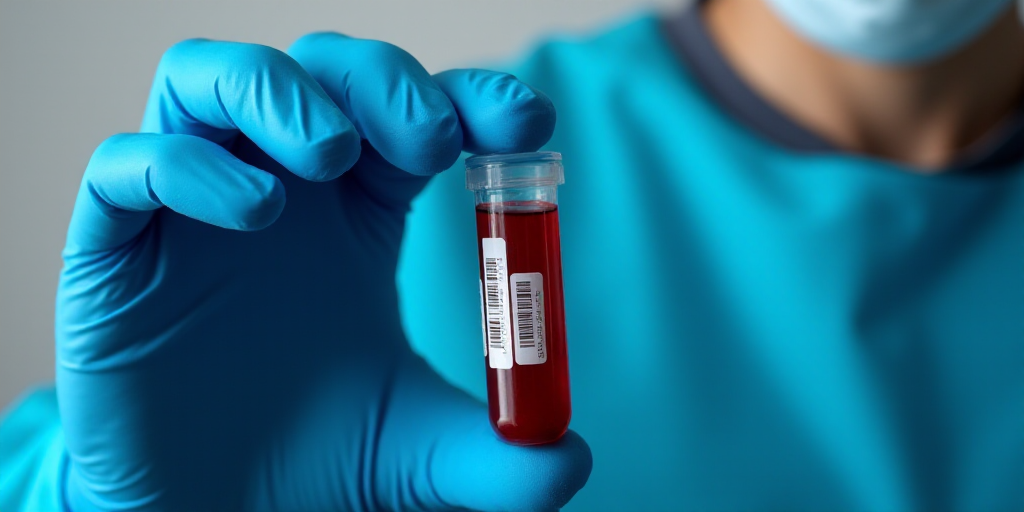Understanding the Importance of Blood Donation
On June 14th, the world commemorates the World Blood Donor Day. In Mexico, according to information from the Red Cross, most donations are still involuntary (when a family member or friend needs them for medical procedures), with only 8.1% being voluntary, as per the latest data.
This poses a significant challenge, considering that the WHO recommends five million donations annually. In 2024, Mexico only reached 1.5 million donations.
This year, according to the WHO, the campaign carries the theme “Donate blood, donate hope: together, we save lives.” The goal is to motivate more people, especially the youth, to become regular donors.
Blood donation can make a difference for women experiencing postpartum hemorrhage, children with anemia, individuals with diseases like hemophilia or leukemia, surgical patients, and victims of accidents or natural disasters.
Who Can Donate Blood?
To donate blood safely, here are the basic requirements:
- Be between 18 and 65 years old
- Weigh more than 50 kilograms
- Not be pregnant or breastfeeding
- Have not undergone surgeries, tattoos, piercings, or acupuncture in the past year
- Have not consumed alcohol in the last 3 days
- Not be under medical treatment (except for controlled hypertension)
- Have not received vaccinations in the past 30 days
- Fast for a minimum of 4 hours (avoid dairy and coffee, but fruits and liquids are okay)
- Present clean, wearing comfortable clothing and a valid ID
What is the Process?
- Registration and guidance on donation
- Confidential medical form with health and sexuality questions
- Physical assessment: blood pressure, anemia, glucose levels, etc.
- Extraction: a needle is inserted into the arm vein
- Red blood cell donation: approximately 30 minutes
- Platelet donation: up to 120 minutes
- Refreshments and recovery
Who Can Donate to Whom?
- Group O-: universal donor of red blood cells
- Group AB+: universal recipient
- Donor and receiver must match not only blood type but also the component to be transfused (plasma, platelets, or red blood cells)
Blood cannot be manufactured, so it relies on generous individuals who, through a simple act, help save lives. The theme of World Blood Donor Day emphasizes the importance of blood donation and encourages more people to participate, ensuring a steady supply for those in need.
Key Questions and Answers
- Q: Who can donate blood? A: Individuals aged 18-65, weighing more than 50 kg, who meet specific health criteria.
- Q: What is the process for donating blood? A: It involves registration, a confidential medical form, physical assessment, extraction, and post-donation refreshments.
- Q: Who can donate blood to whom? A: Blood type compatibility is crucial between donors and recipients. Group O- can donate to anyone, while AB+ recipients can receive from any blood type.






